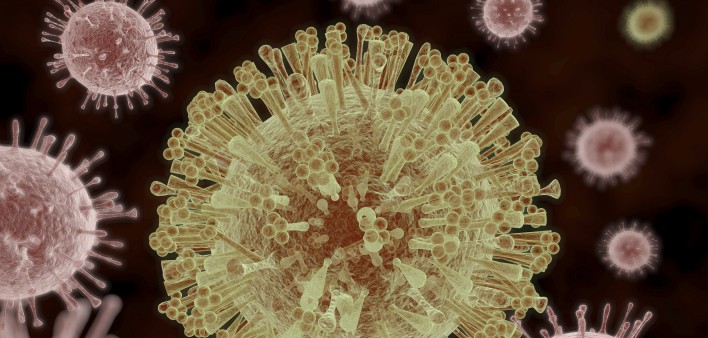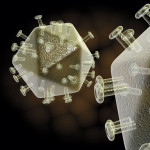In yet another finding that complicates HIV cure science, researchers have established that in addition to CD4s, macrophage immune cells can harbor virus in the face of antiretroviral (ARV) treatment and prompt a viral rebound if treatment is interrupted. The findings of their research, which was conducted in humanized mice, means that not one but two types of immune cells likely make up the viral reservoir, the existence of which prevents standard ARV treatment from curing the virus.
Publishing their findings in Nature Medicine, researchers built on laboratory research finding that macrophage immune cells could support HIV replication in the absence of CD4 cells. They conducted experiments on mice that were genetically engineered to have human immune systems that lack CD4s.
They found that ARV treatment strongly suppressed HIV replication in macrophage cells of the infected mice. After stopping treatment in the animals, the virus rebounded in a third of them.
The research team will now investigate what regulates the persistence of the virus in macrophage cells, where these persistently infected cells hide out in the body during ARV treatment and how macrophages respond to treatments that seek to eradicate the virus from the body.
To read a press release about the study, click here.
To read the study abstract, click here.







Comments
Comments